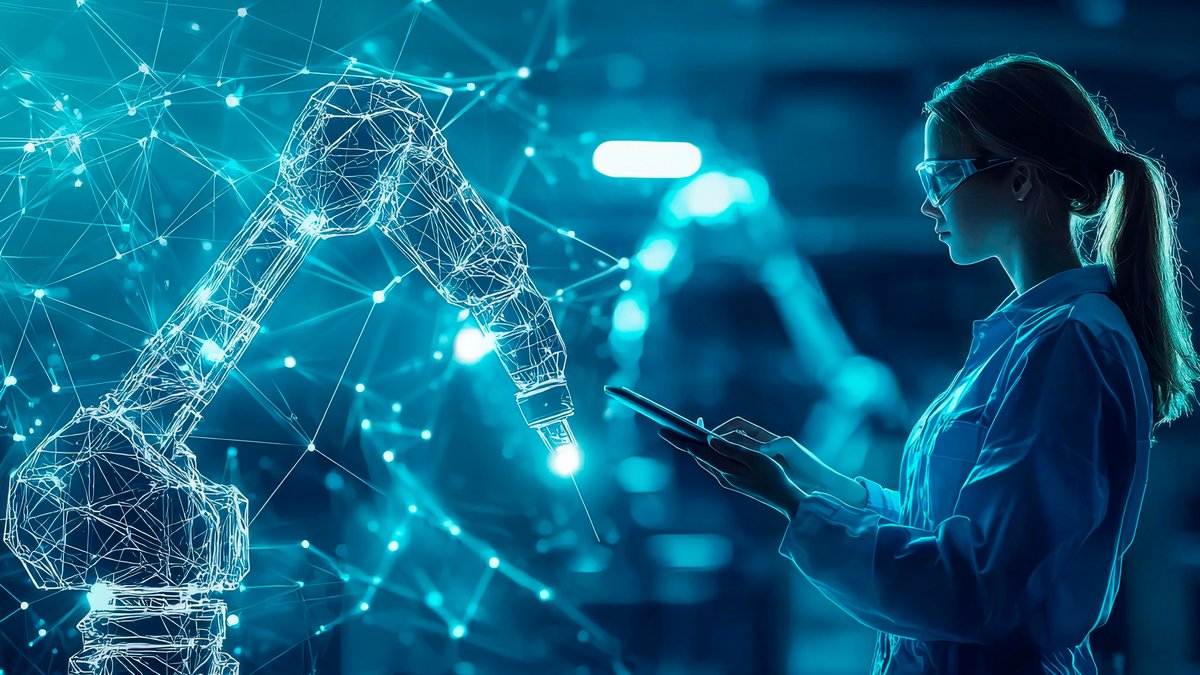Global manufacturing currently faces challenges from geopolitical tensions to material shortages and a decreasing workforce. These challenges generate opportunities. Danish manufacturing companies are reconsidering strategies, favouring digitally driven, resilient operations while seeking to also strengthen their capabilities to handle High-Mix Low-Volume (HMLV) manufacturing. In MADE REACT, 23 companies and experts from five Danish universities and three RTOs will collaborate to explore AI, digital twins, advanced robotics, and real-time data-driven decision-making. REACT will focus on manufacturing challenges inside the manufacturing ecosystem divided into Factory-, Cell and Process level. A coordinated set of research activities will be initiated within these levels in combination with digital research going across all levels. Demonstration environments around the three levels will be established. These will enable integration of research results in realistic scenarios, and will increase visibility, facilitate dissemination and hence enhance impact. By this, MADE REACT will enable Danish manufacturing to be the most efficient in the world for the Resilient High-Mix Low-Volume (RHMLV) manufacturing of the future.
The project builds on Manufacturing's Academy of Denmark’s (MADE), strong experience and capabilities in bridging academic research to industrial practice by governing all stakeholders from academia over RTOs, technology providers and system integrators to end users. This follows a series of previous projects called MADE SPIR, MADE Digital and MADE FAST.
Department of Electro- and Computer Engineering and Department of Computer Science, at AU are closely collaborating with CIM, Novo Nordisk, Grundfos and LEGO and we lead a Work Package called “Digital Integration and Decision Support”, where the goal is that we will:

The Department of Computer and Electrical Engineering (AU) will help turn global uncertainty into new competitive opportunities.
Innovation Fund Denmark has invested DKK 40 million in a research and innovation project to ensure that Denmark helps shape the sustainable, flexible and digital industrial growth of the future. Bringing together 23 different stakeholders, “MADE REACT” is a research project that will shed light on how to make Danish production more resilient, using digital solutions such as AI and robots.
Jesper Hattel, professor at DTU says “New technologies must provide a completely different flexibility today, where many manufacturing companies produce many different types of products, but in small quantities (...) it must be easy and smooth to adapt production when unforeseen events, such as the blockage of the Suez Canal, occur”
For Denmark to be geared up for greater production, more competition and flexible restructuring in the long term, it is important that the decision support systems in production work.
"In the MADE REACT project, AU is the primary representative on the digital side. Our focus is to optimize the decision support systems used in production." Says Professor Peter Gorm Larsen, (Dept. Electrical and Computer Engineering)
The industrial partners include 14 Danish companies, including Lego Systems, Novo Nordisk, Technicon, Grundfos and Danfoss, who with this project are looking at the new digital solutions of the future.
“We hope that REACT can provide us with the necessary knowledge and technology to shape the sustainable, flexible production of the future” says Danfoss Drives Head of Global Supply Chain Technology Brian Svendsen.
The project runs from 2025 - 2028 and has a total budget of DKK 106.8 million. The official title of the project is: REACT MADE - Resilient manufacturing systems through AI-powered and digitally Connected Technologies.